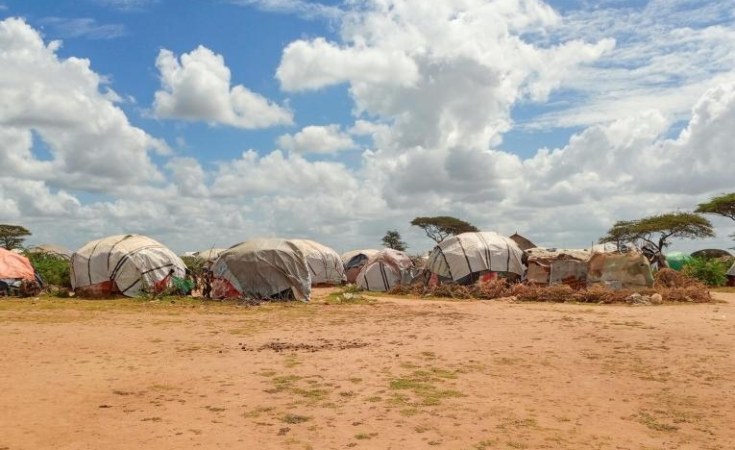Nairobi — The plans to solve Kenya's longstanding refugee situation are now in high gear following the launch of a technical team that will design a comprehensive strategy on the repatriation and integration of refugees.
The Intergovernmental Steering Committee on Kenya's Marshal Plan for Refugees is expected to draft viable proposals on support for the displaced persons with a view to reducing over-reliance on humanitarian aid.
Immigration Principal Secretary Julius Bitok said the framework will take a development-oriented approach in harnessing the refugees' inherent social-economic potential to empower them and promote their self-reliance.
"It aims at enhancing access to effective registration, documentation, basic services such as education, healthcare, water, sanitation and hygiene (WASH), energy, jobs and livelihoods," the PS said during the launch of the Committee in Nairobi.
According to the PS, the plan will also guide the conversion of refugee camps to integrated settlements and expand their access to support for safe and dignified repartition as envisioned in the Global Compact on Refugees.
With growing concerns over the increasing tension and conflict due to competition for limited resources and the dwindling resettlement space, Bitok underscored the urgent need to ease the pressure on host communities through local sustainable solutions that will enhance and promote resilience.
"At the heart of the Marshal Plan is the host community. We will work to ensure the host community members are the direct beneficiaries of all development programmes in refugee-hosting areas. It is important that there is equity in terms of assistance provided to promote peaceful co-existence." He said.
Kenya currently hosts close to 800,000 refugees and asylum seekers, with over 577,000 registered and over 200,000 profiled in Dadaab and Kakuma.
Besides the consequent financial burden, the situation continues to pose serious security challenges, which will also form an important aspect of the Marshal Plan.
According to the PS for Internal Security and National Administration Dr. Raymond Omollo, the refugee crisis has presented significant security challenges for Kenya, with intelligence reports showing instances during which this population has been used as a cover for criminal and terrorist activities.
The situation has also brought to light an increase in smuggling and human trafficking, which further exacerbates the security situation in affected areas, which Dr. Omollo said the government of Kenya has undertaken to address through the Refugees Act, No. 10 of 2021. "There are subsequent regulations being formulated that will go with the Act in terms of how to manage refugees, but the integrated approach under the Marshal Plan will help us deal with acts of terrorism and radicalization because we will be able to empower even the host communities so that they can identify potential troublemakers," the PS noted.
He added that the gazettement of additional refugee camps in Dadaab and Fafi late last year has improved the identification and processing of refugees.
In the face of strained capacity, law enforcement and other security agencies in Kenya have heightened border surveillance against illegal crossings and enhanced asylum/refugee screenings for security risks.
The government is also progressively investing in more security installations around the camps and advancement of community policing interventions to guard against infiltration by criminals and other malicious actors.


